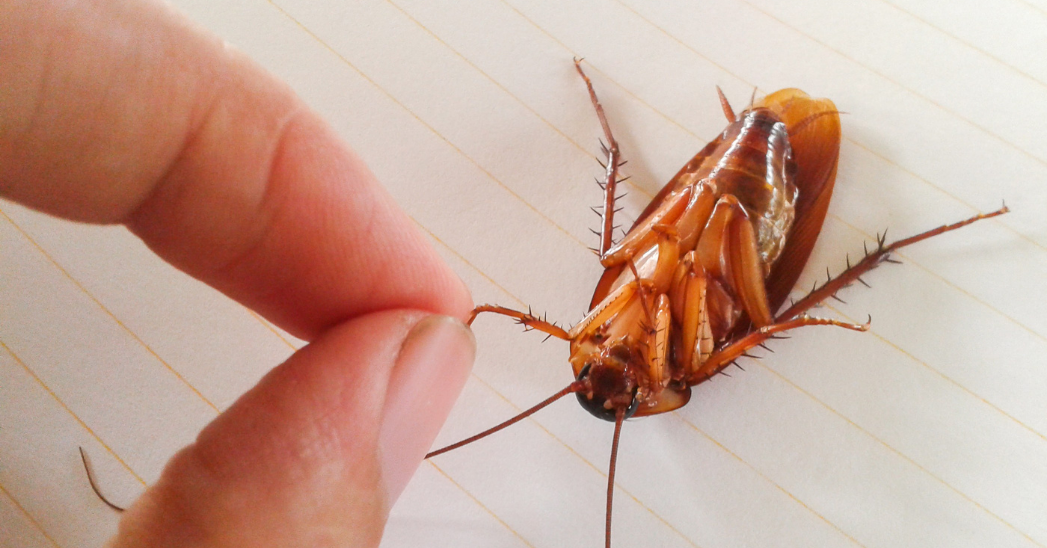
Think you might have a cockroach allergy?
Celine HaarhoffCockroach allergy is a common type of allergy that occurs when a person's immune system reacts to proteins found in the saliva, feces, and shed skins of cockroaches. These proteins can cause symptoms such as sneezing, nasal congestion, and itchy eyes, nose, and throat. In some cases, the allergy can also cause asthma attacks.
Depending on their genes, people can have varying levels of resistance to cockroach allergy. Some people may have a genetic predisposition to be more sensitive to the allergens produced by cockroaches, while others may have a genetic resistance that makes them less likely to develop an allergic reaction.
The genes that determine a person's resistance to cockroach allergy are not well understood, but researchers have identified several genes that may play a role. One of these genes is called TLR4, which is involved in the immune system's response to allergens. People who have a certain variation of the TLR4 gene may be more susceptible to developing a cockroach allergy.
DNA testing can help determine if a person has a genetic predisposition to cockroach allergy. This testing involves analyzing a person's DNA, the genetic material that makes up all the cells in the body. DNA testing can identify specific variations in a person's genes that may increase their risk of developing an allergy to cockroaches.
DNA testing can provide valuable information to people at risk of developing a cockroach allergy. By understanding their level of genetic susceptibility, they can take steps to prevent or manage their allergy, such as avoiding exposure to cockroaches or using allergy medications to control their symptoms.
In conclusion, cockroach allergy is a common type of allergy that occurs when a person's immune system reacts to proteins found in the saliva, feces, and shed skins of cockroaches. Depending on their genes, people can have varying levels of resistance to this allergy. DNA testing can help determine if a person has a genetic predisposition to cockroach allergy and can provide valuable information for preventing and managing the allergy.
